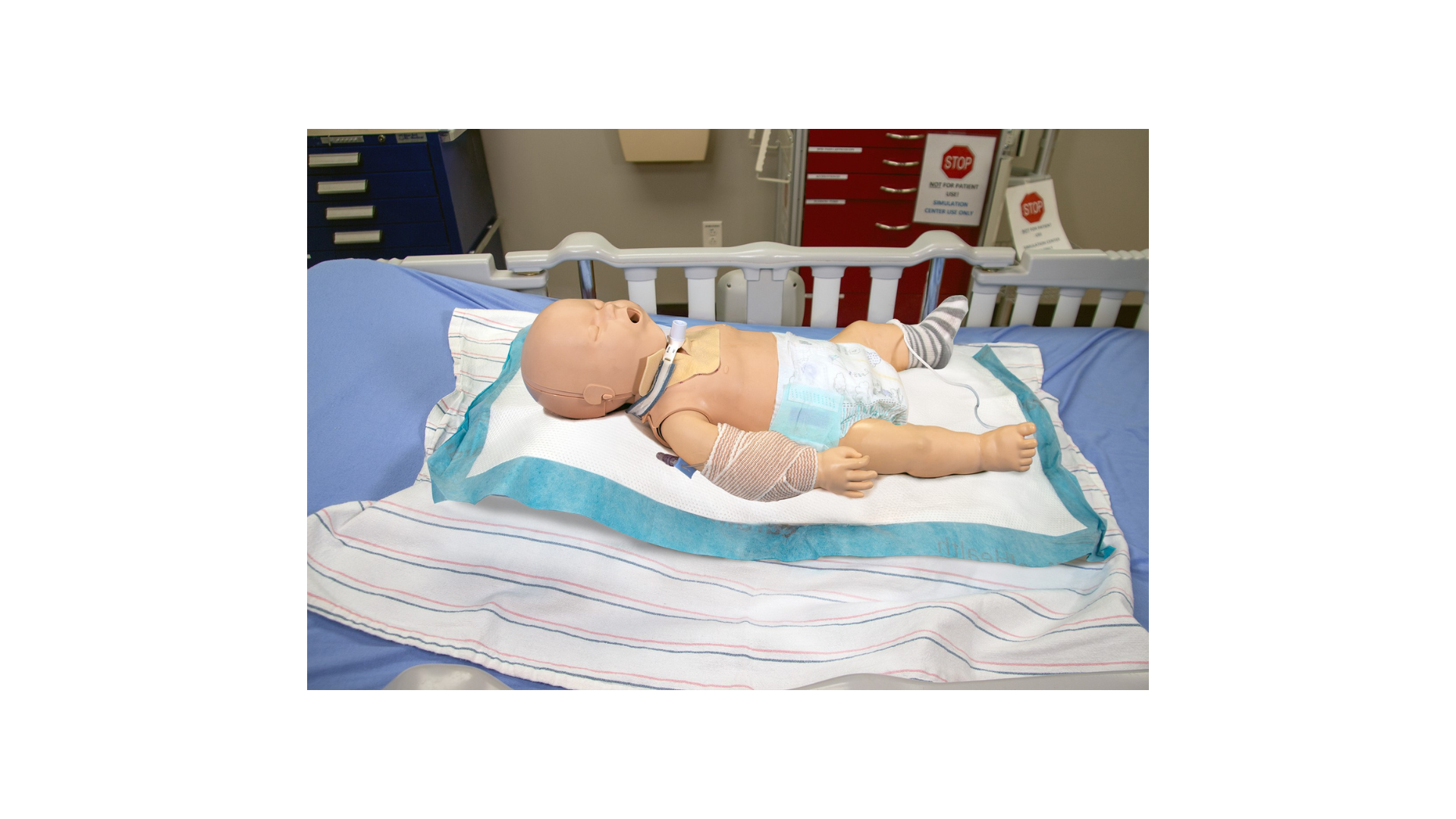Optimizing Wound Patient Outcomes in the Face of Uncertainty
September 21, 2013
By Paula Erwin-Toth MSN, RN, CWOCN, CNS
I hope everyone is doing well in the midst of challenging world and domestic events. I was having a discussion with my 7-year-old grandson and was amazed at what young minds pick up on and how they interpret world events. He was discussing the possibilities of World War III and checked out a book on modern ground weapons from the library. I listened, respected his efforts to express his understanding of chemical weapons, terrorism and war and yet tried to offer information and reassurance.
My parents engaged my brothers and me very early in dialogue about local, national and world events. In 1963 I was eight years old. It was a momentous year. Martin Luther King had made his memorable speech in Washington; images of law enforcement turning fire hoses and attack dogs on fellow citizens permeated the newspapers and airwaves; little girls were blown to bits in church on a Sunday, an obscure place called Vietnam was being talked about and the end of the year was forever etched in my mind by the assassination of John F. Kennedy. I do not remember exactly what my mom and dad said to explain and comfort us, but the freedom to talk to them, be reassured I was safe and then tucked in bed with a purring kitty and a goodnight kiss somehow made it all seem better.
Hindsight gives us the benefit of clarity, or at least perspective, of the events we had been facing. In 1963, no one had any idea how local, national and world events would converge and change us forever. How a President of the United States from the South would force Congress and the nation to confront racial inequality, the plight of the poor and elderly and stumble into an international conflict where the scars, physical and psychological, are still evident in our veterans.
It was 1976 when I entered the nursing profession. Some of my fellow students had been medics in Vietnam and I cared for many veterans of that war. One of my brothers was a Marine and the other 4-F due to severe asthma (for the 'youngins' out there was a draft). My Dad had a long term mental breakdown due to what would now be considered PTSD; he survived a severe attack of the Navy destroyer on which he served in the Pacific in World War II. At the time, his needs were not recognized and were basically ignored.
You may wonder what on earth all this has to do with wound care. There is so much uncertainty in health care right now but uncertainty is a fact of life. Many of the life events I shared are achingly familiar today. For those of us passionate about our patients and profession we know there is a balancing act of fiscal responsibility and optimizing patient outcomes. We know there are disparities in access and availability of wound care equipment, medication and supplies. There are no easy answers. Health care professionals are represented all across the political spectrum. Political polarization usually leads to inertia while knee-jerk reactions rarely result in sustainable or effective change. For our patients with wounds, we are the fulcrum; we can both stabilize and exert pressure to have a positive impact on their lives and improve outcomes.
About The Author
Paula Erwin-Toth has over 30 years of experience in wound, ostomy and continence care. She is a well-known author, lecturer and patient advocate who is dedicated to improving the care of people with wounds, ostomies and incontinence in the US and abroad.
The views and opinions expressed in this blog are solely those of the author, and do not represent the views of WoundSource, Kestrel Health Information, Inc., its affiliates, or subsidiary companies.
The views and opinions expressed in this content are solely those of the contributor, and do not represent the views of WoundSource, HMP Global, its affiliates, or subsidiary companies.







